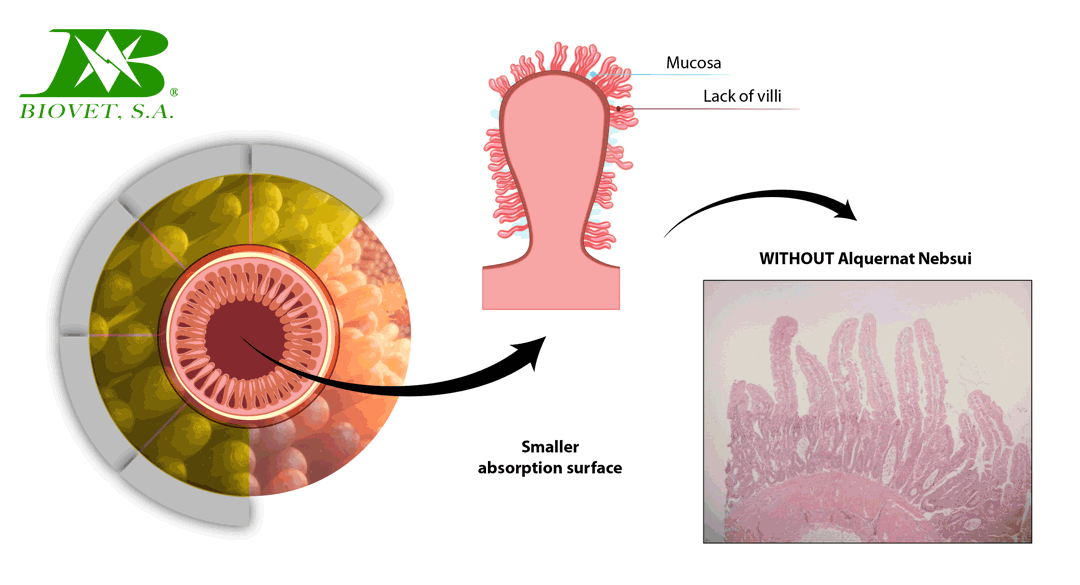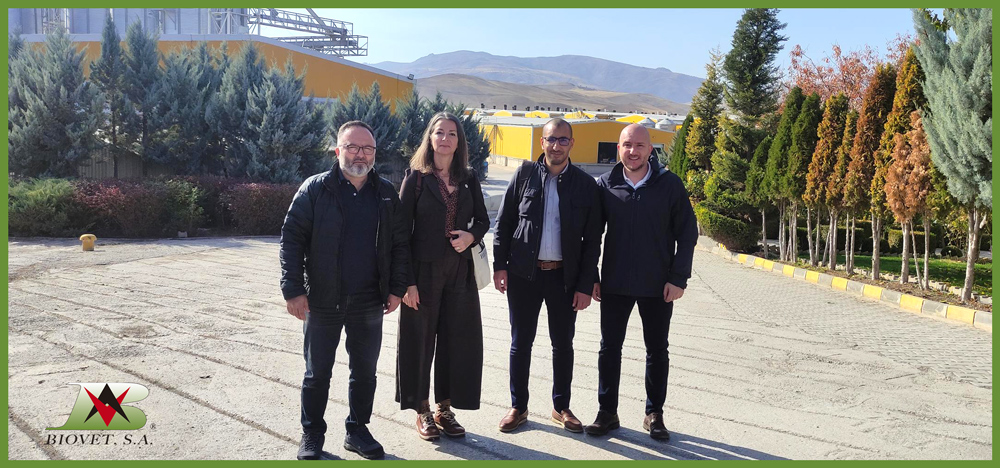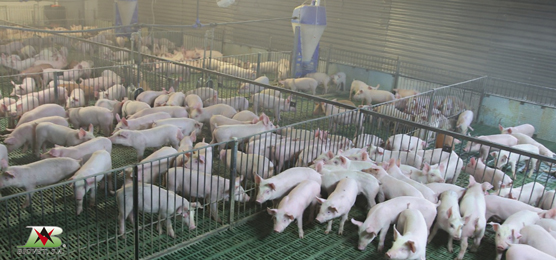What can epigenetics do for the conversion rate?
Epigenetics is the science that studies alterations in the regulation of gene expression without changing the DNA sequence. This regulation consists of the activation and deactivation of genes through methylation reactions, histone acetylation or deacetylation, chromatin folding, etc. which directly or indirectly influence the processes of transcription, translation and even post-translational modifications.
All the cells of an organism have the same genetic material, but each type of tissue has specific needs that make it essential to express a collection of genes or others for optimal physiological functioning.
Pronutrients can change the expression of critical genes associated with physiological processes, without modifying the nucleotide sequence of DNA. They are not static or permanent changes.
Through transcriptomic and bioinformatic studies, it was determined that the use of ALQUERNAT NEBSUI overexpresses genes related to cell-cell adhesion, intestinal microvilli movement and enterocytes metabolism, all of which optimize the physiology of the intestinal mucosa.
These epigenetic changes can be seen in the following histological sections. The control image shows mucosal detachment and inflammatory cells in the crypts. In the image of the pronutrient-treated animal, the villi show an optimized and homogeneous structure, with a higher number of villi and, therefore, a greater absorption surface. This results in a better feed conversion rate.






